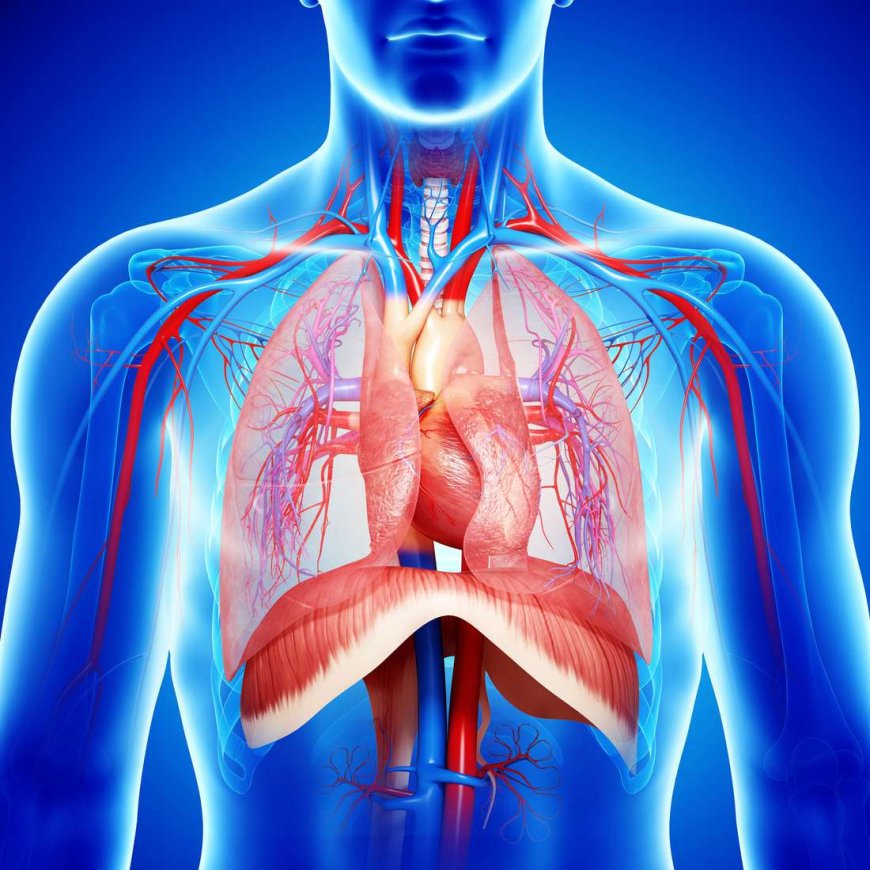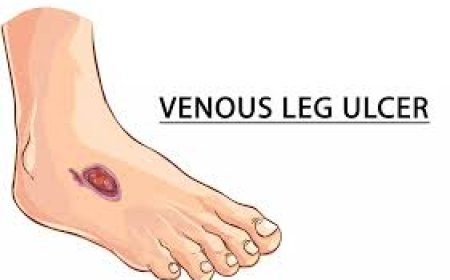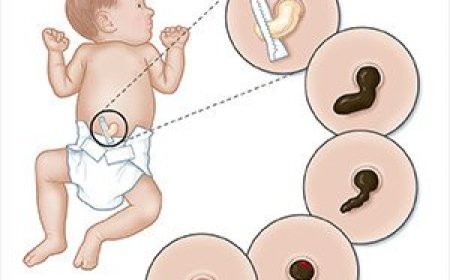Diaphragm

Introduction:
Hey there, young readers! Today, we're going to talk about a fantastic part of our body called the diaphragm. It's like a superhero that protects our organs and helps us breathe. We'll learn about what it is, its different types, and how it keeps us healthy in our wonderful country, India.
What is the Diaphragm?
The diaphragm is a thin and strong muscle that sits right below our lungs. Imagine it like a big, round, and flexible wall between our chest and belly. It plays a crucial role in helping us breathe by moving up and down when we inhale and exhale.
Signs and Symptoms:
Sometimes, when the diaphragm doesn't work properly, it can cause hiccups. You know those sudden "hic" sounds we make? That's the diaphragm having a little hiccup itself! But don't worry; hiccups usually go away on their own.
How is Diaphragm Classified?
The diaphragm is classified into two types: the respiratory diaphragm and the contraceptive diaphragm.
-
Respiratory Diaphragm: This superhero-like diaphragm helps us breathe by contracting and relaxing. When we inhale, it moves down to make space for our lungs to fill with air, and when we exhale, it moves up to push the air out.
-
Contraceptive Diaphragm: This diaphragm is like a guardian against pregnancy. It's a flexible cup-like device that some people use as a form of birth control. It covers the entrance to the womb, blocking sperm from meeting an egg.
Causes and Triggers:
Sometimes, the diaphragm might get irritated, leading to hiccups. This can happen if we eat or drink too quickly, drink fizzy drinks, or have a big laugh while eating. But no worries, these hiccups are usually harmless and go away soon!
Risk Factors with Examples:
Certain things can increase the risk of having diaphragm problems or conditions. For example:
-
Overeating or eating spicy foods can sometimes irritate the diaphragm and cause hiccups.
-
Smoking can weaken the respiratory diaphragm over time, making it harder to breathe.
Types of Diaphragm:
-
Respiratory Diaphragm: As we mentioned earlier, this type helps us breathe.
-
Contraceptive Diaphragm: This type helps prevent pregnancy when used correctly with spermicide.
Diagnostic Tests and Treatments:
If someone has frequent or persistent hiccups or breathing issues, doctors might run some tests to understand what's going on. Here are some common tests they use:
-
Physical Examination: The doctor will listen to your breathing and check your belly to see if there are any signs of a problem.
-
X-rays or Ultrasounds: These tests create pictures of the inside of your body, helping doctors get a better view of your diaphragm.
-
Pulmonary Function Tests: These tests check how well your lungs are working and help identify any issues with the respiratory diaphragm.
Complications and Prevention Techniques:
While most diaphragm issues are not serious, some complications may arise. For example, chronic respiratory problems may need special care and treatments. To prevent problems with your diaphragm, you can:
-
Eat slowly and avoid overeating to reduce the risk of hiccups.
-
Stay away from smoking or secondhand smoke to keep your respiratory diaphragm strong.
The diaphragm is a fantastic part of our body that helps us breathe and protects us. Whether it's the respiratory diaphragm for breathing or the contraceptive diaphragm for birth control, they both play important roles in keeping us healthy. Remember to take care of your body and enjoy your superhero diaphragm's amazing work!
What's Your Reaction?
 Like
0
Like
0
 Dislike
0
Dislike
0
 Love
0
Love
0
 Funny
0
Funny
0
 Angry
0
Angry
0
 Sad
0
Sad
0
 Wow
0
Wow
0







































































